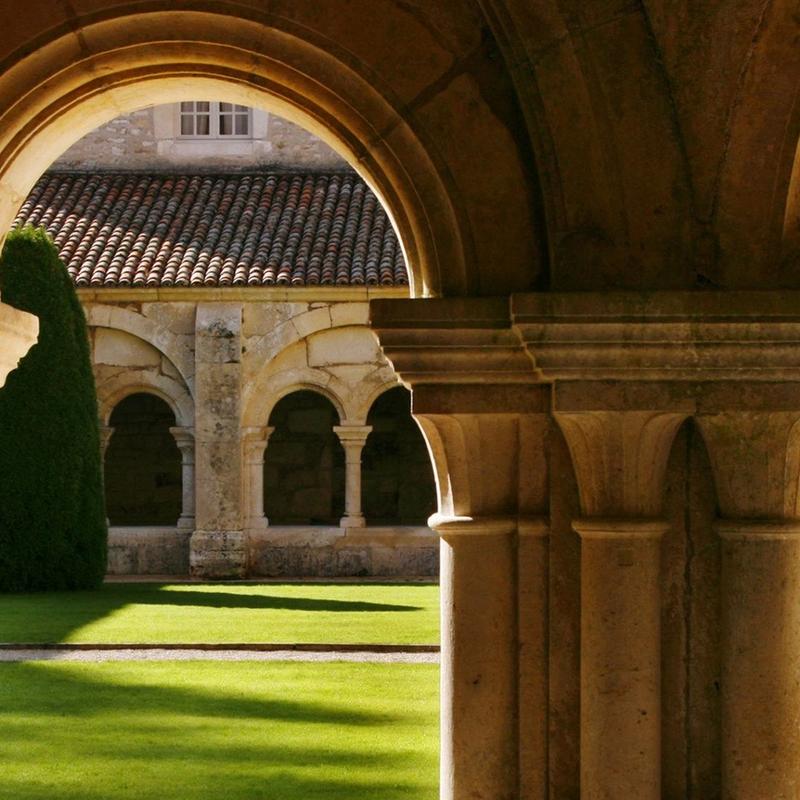It is often said that Americans don’t like to study history, and church history is no exception. In spite of this common awareness, the frequent appearance of online articles on the dangers of this attitude suggests that it is hard to shake.
Dismissal is probably a better word than “dislike.” Few Americans would say they dislike history. In fact, many enjoy historical movies, celebrate historical holidays, and enthusiastically repost historical tidbits and quotes. They definitely like their own history – discovering their roots – as is illustrated by the popularity of DNA tests and genealogical research. But a serious study of history (let alone church history)? That’s a different story. Many of the reasons behind this attitude are based on myths or misunderstandings. Here are three common myths.
Myth 1. History is boring.
This is the most frequent excuse for not studying history, and it’s usually attributed to bad teachers who expected students to memorize dates. While teachers can be boring, they don’t have the power to alter a person’s taste forever.
“I think most people who say that history is boring have never read a history book on a topic which fascinates them,” my friend Travis Baker, professor of Medieval History, told me. “If the only history book you've ever been exposed to is on a topic you have no interest in, then you're going to equate the study of history with boredom. But if you're interested in fashion and someone gives you a book on the history of fashion in 18th century Paris, there is a good chance that you might find it interesting.”
For church history, this can apply to the study of a subject that has been on your mind. Maybe you have been talking to Roman Catholic friends who believe some claims of their church go back 2000 years. Or you are wondering how a certain doctrine came to be formulated the way it is, or how your denomination got started, or whether women have always kept the same roles in the church. Maybe you are just curious about a particular person.
There are many books that can answer your questions and a pastor may offer some suggestions. You can also ask a history professor. You may be surprised to discover how approachable some of them are. Choose a well-written book. After all, history is a form of literature, and some history writers are especially skilled at making their subject exciting. Since few people find their family history boring, it may be useful to remember we are a church family and thoughts and actions of Christians who have come before us affect us more than we may realize.
Myth 2. Church History is unnecessary.
This idea is widespread among those who believe Christians need nothing but the Bible. They take a true statement, “only Scriptures are authoritative,” and carry it to an unintended extreme, “Christians don’t need to read anything else.”
Consciously or unconsciously, they apply to church history what Henry Ford famously said about history in general: “History is more or less bunk. It's tradition. We don't want tradition. We want to live in the present and the only history that is worth a tinker's dam is the history we make today.”[1]
For Protestants, the word “tradition” can have a particularly negative connotation. It reminds them of the Roman Catholic Church, where tradition is considered as binding as Scriptures and references to it are often accompanied by unsubstantiated claims of secret, unwritten apostolic authority. But Protestants have a tradition too, and many of the biblical doctrines that seem evident to us are so precisely because our Christian predecessors have prayerfully examined, discussed, and summarized them in creeds and confessions.
While we don’t want to put this tradition on the same level as Scriptures, ignoring it may be dangerous and may cause people to make uninformed decisions, relying on feelings or impressions. Without a basic understanding of the long debates that have marked our church history, there is a temptation to reinvent the theological wheel, which, in the words of Dr. W. Robert Godfrey, “seldom comes out round.”[2]
Myth 3. Church History is confusing and depressing.
Some Christians enjoy reading inspirational historical tales, anecdotes, and biographies as long as they are uplifting. They divide history into bad and good guys and look for narratives that encourage or reinforce their point of view. Everything else seems outdated and even dangerous.
A while ago, I taught a course of Church History for Families at a Christian school where this subject had not been emphasized. During my first class, on Irenaeus, a lady interrupted me with the question, “Why are we learning about him if he was a Roman Catholic?” Never mind that the distinction Protestant/Roman Catholic came over thirteen centuries later.
In the mind of many Protestants today, the church kept on the right path for a few years after the Book of Acts, and then followed a long road of deterioration and corruption until Luther brought back the light. This is a very simplistic way of looking at history, which follows the Enlightenment interpretations of the Middle Ages rather than a true, objective study of facts.
God didn’t go to sleep at the start of the Middle Ages, only to wake up at the sound of Luther’s hammer. He continued to preserve his church. And even if we don’t agree with everything the early or Medieval Christians taught, they are still part of our church family and have a lot to teach us. In fact, that’s something the Reformers we so admire firmly believed.
Church history doesn’t progress in a neat, linear trajectory. Like most family histories, it’s often messy and includes events we don’t particularly like to remember. But we don’t have to ignore this messiness. If we face our messy history with honesty and the type of humility that causes us to “count others more significant” than ourselves (Philippians 2:3), what we learn from our brothers and sisters of the past may exceed our expectations.
Notes
- ^ Roger Butterfield, “Henry Ford, the Wayside Inn, and the Problem of ‘History Is Bunk’,” Proceedings of the Massachusetts Historical Society, Third Series, Vol. 77 (1965), pp. 53-66 (14 pages), https://www.jstor.org/stable/25080601
- ^ Quoted by Rev. Michael Brown, in “A Review of Don’t Call It a Comeback,” Christ United Reformed Church, 12/05/2011, https://www.christurc.org/blog?offset=1323303500000
You might also like…
7 Reasons Why You Should Study History
How to Avoid Chronological Snobbery and Save Your Soul
14 Women of the Reformation That You Probably Never Knew About






